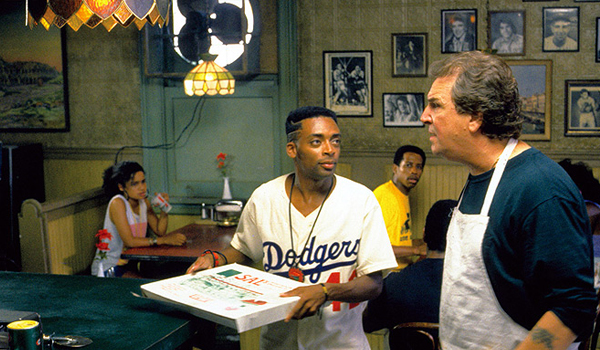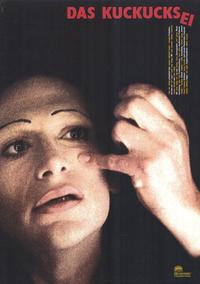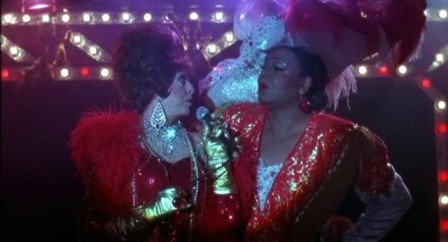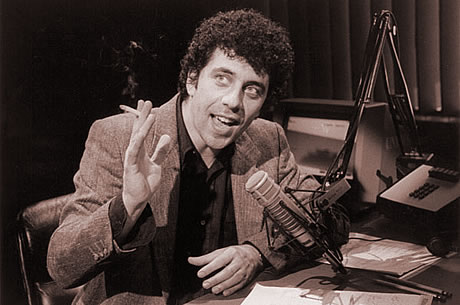From the Chicago Reader (August 4, 1989). This was my second column about Do the Right Thing; my first one is here. — J.R.
It’s readily apparent by now that Spike Lee’s Do the Right Thing is something of a Rorschach test as well as an ideological litmus test, and not only for the critics. It’s hard to think of another movie from the past several years that has elicited as much heated debate about what it says and what it means, and it’s heartening as well as significant that the picture stirring up all this talk is not a standard Hollywood feature. Because the arguments that are currently being waged about the film are in many ways as important as the film itself, and a lot more important than the issues being raised by other current releases, it seems worth looking at them again in closer detail. I don’t mean to review the movie a second time, but I do want to address some of the deeper questions being raised by it. Ultimately most of these questions have something to do with language and the way we’re accustomed to talking about certain things — race relations and violence as well as movies in general.







